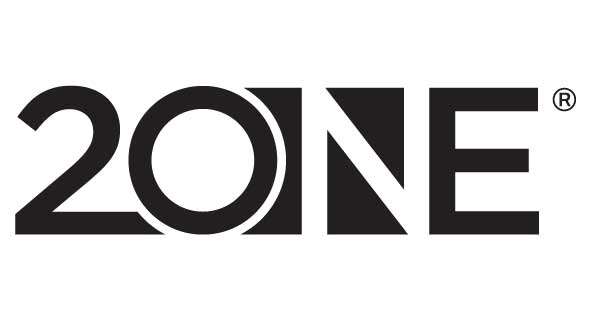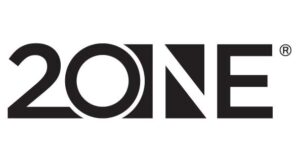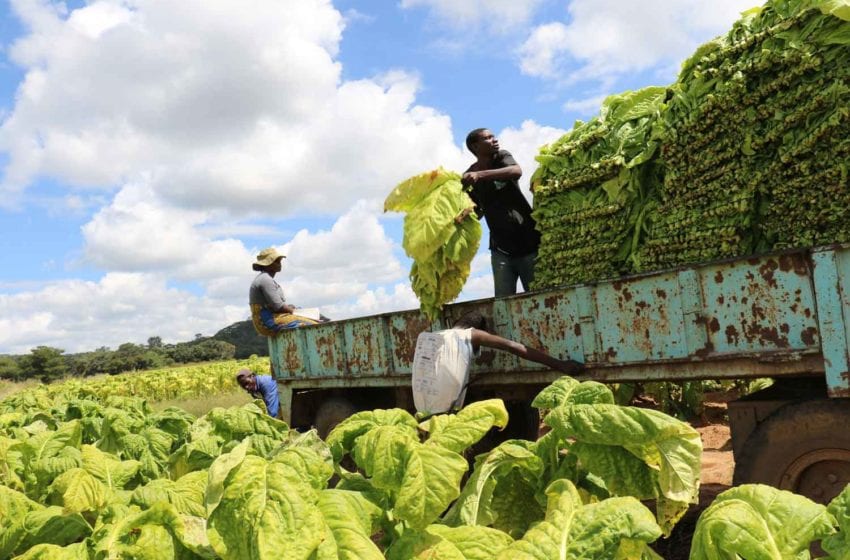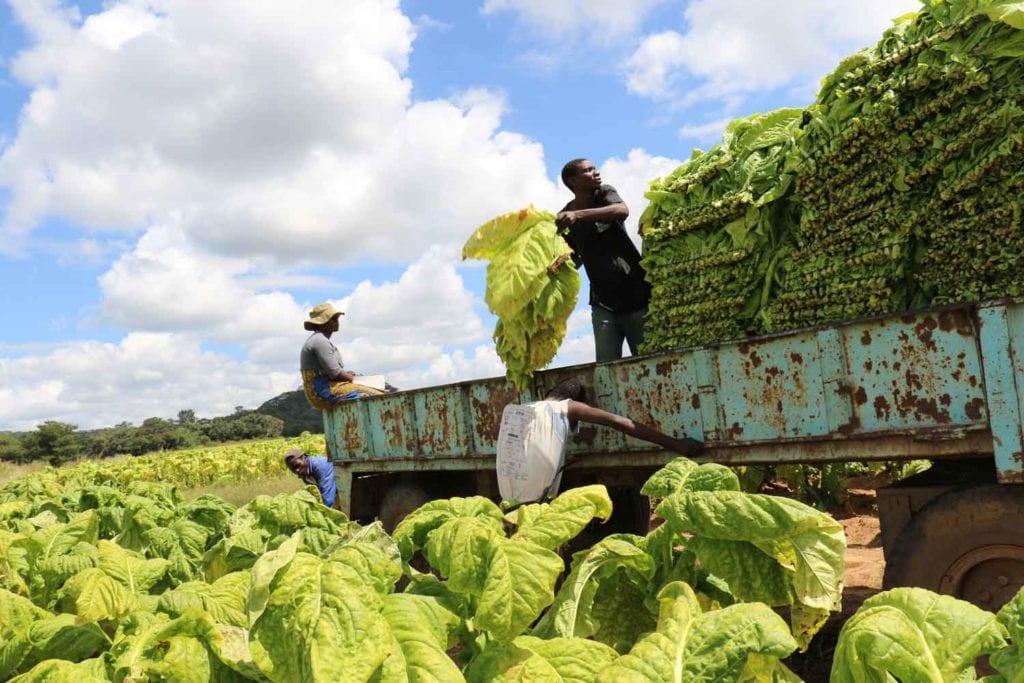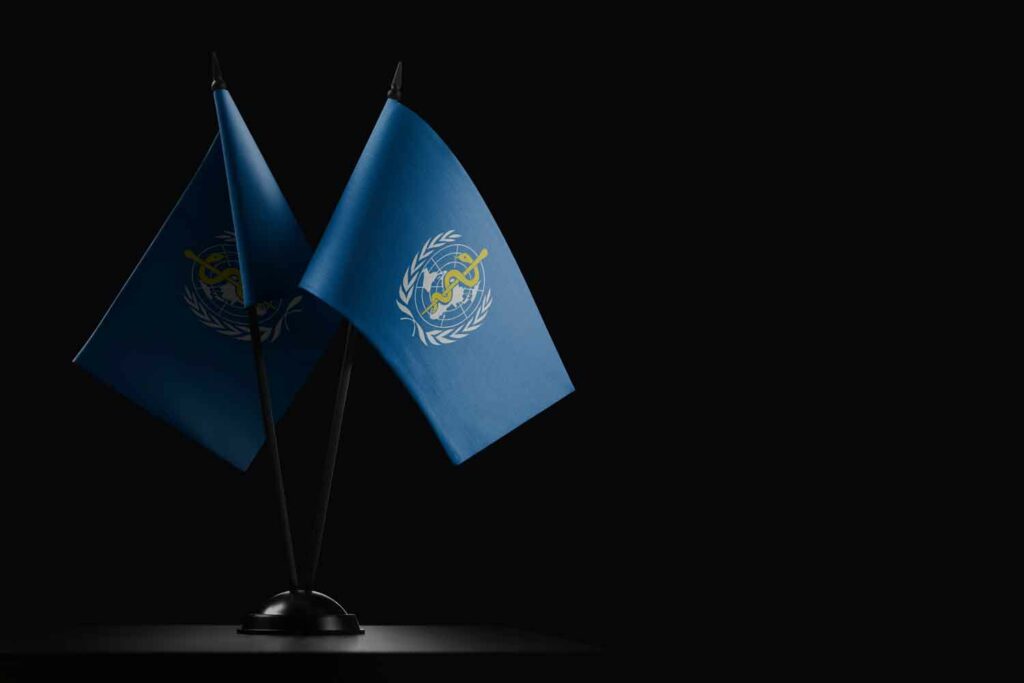
Tobacco companies have objected to reforms to Bangladesh’s tobacco law proposed by the Ministry of Health and Family Welfare, reports BDNews24.
In a letter addressed to the law and finance ministries, BAT and Japan Tobacco outlined their reservations and stressed the possibility of loss of government revenue due to the proposed revisions.
However, according to the National Board of Revenue, tobacco revenues rose by 17.97 percent in fiscal 2005–2006 and 37.52 percent in fiscal 2006–2007 after the Smoking and Using of Tobacco Products (Control) Act passed in 2005.
Following a 2013 amendment, tobacco revenues rose by 25.51 percent in the following fiscal years.
A.B.M. Zubair, executive director of the anti-smoking group PROGGA, urged officials to ignore the tobacco companies’ objections. “The health ministry’s initiative to strengthen the existing tobacco control law aims at protecting the nonsmokers from secondhand smoke and shielding the youth from tobacco’s harmful effects,” he was quoted as saying.
“Therefore, the draft amendment must be passed immediately, undeterred by the ill tactics of the tobacco companies.”











